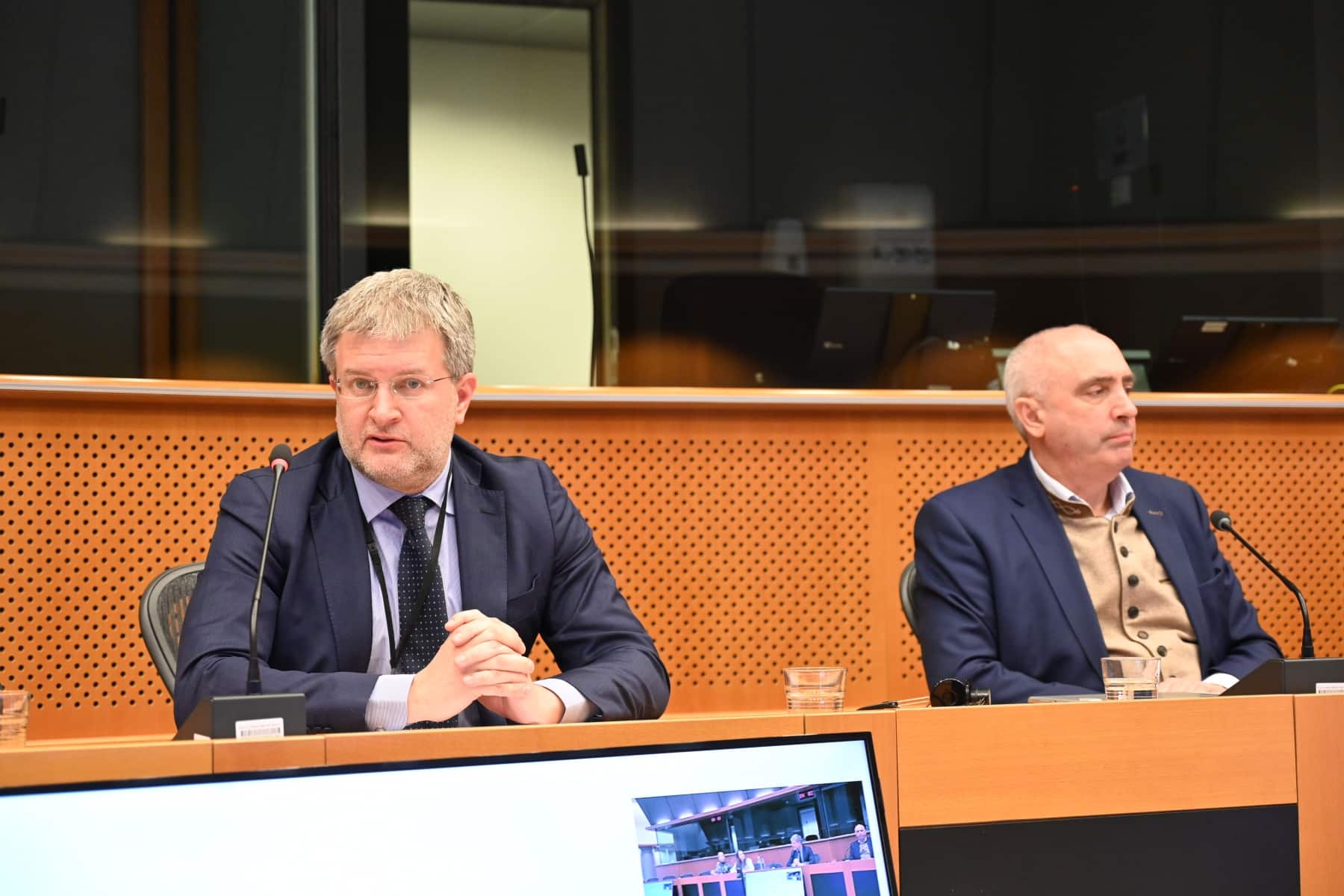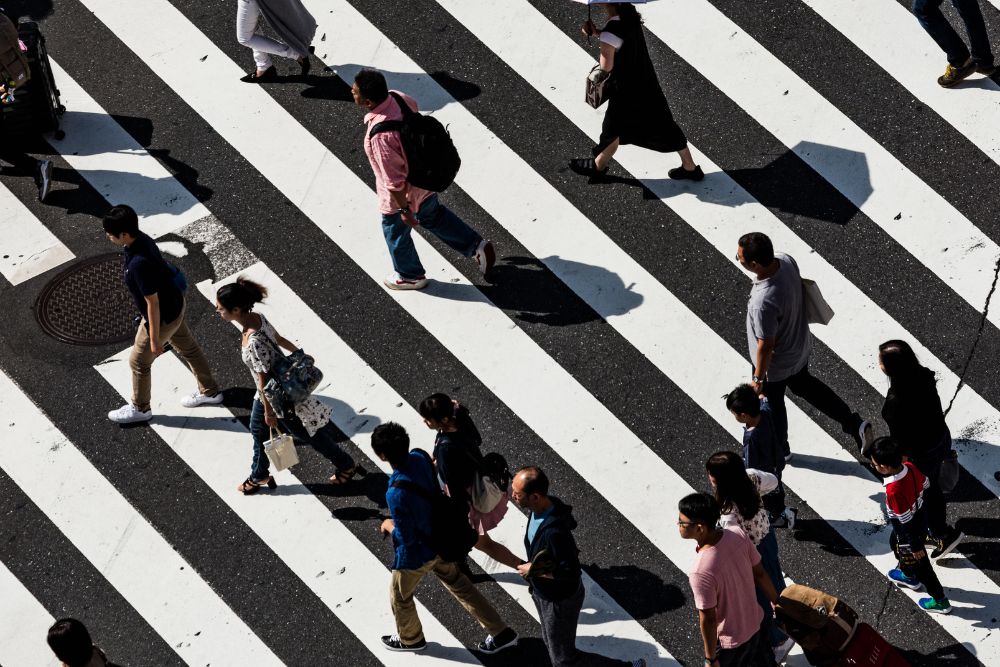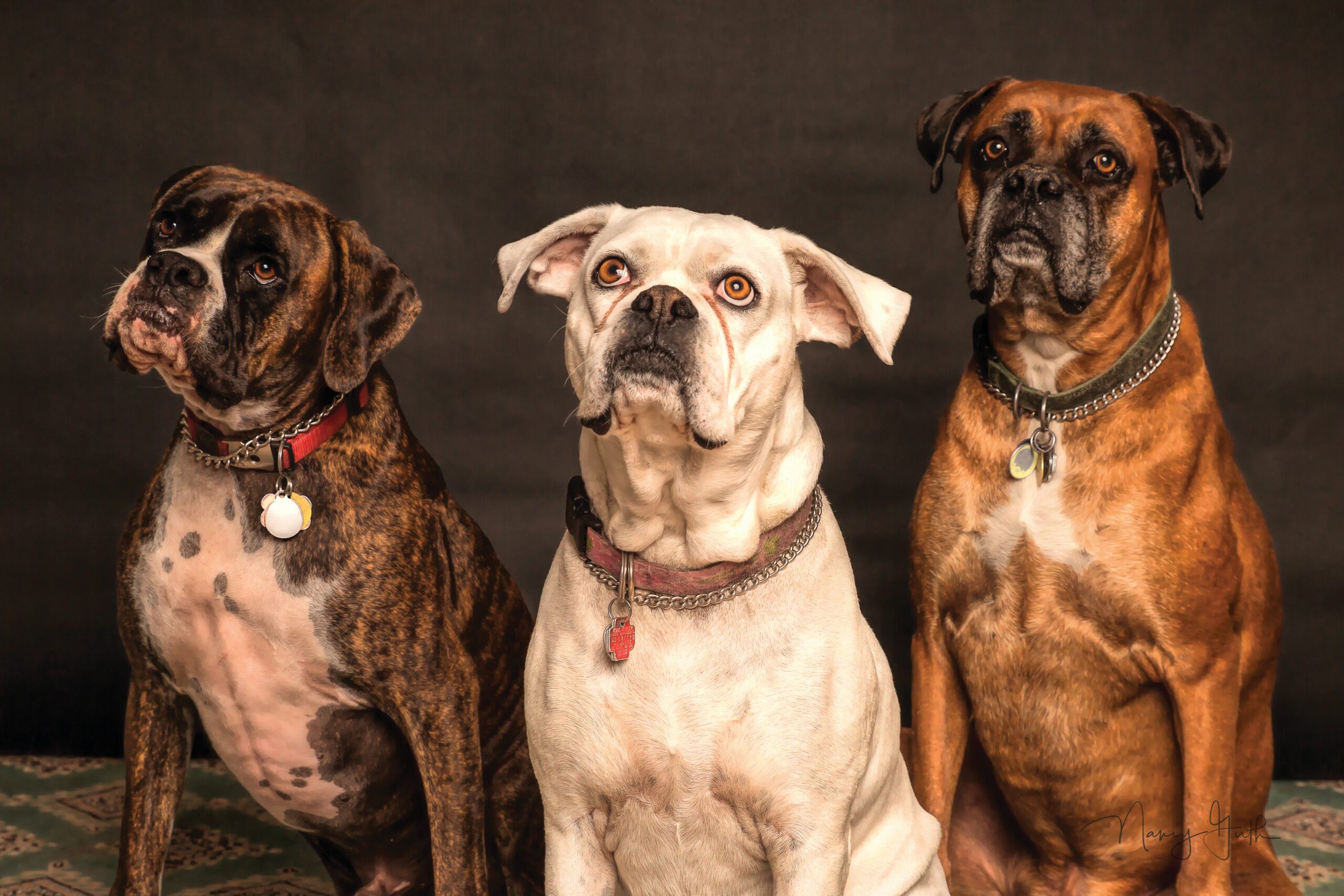Dozens of Christians were massacred in a church, attending service, standing under a crucifix with their children, and Europe says it is ” shocked. ” But ” the root causes of this insecurity in Nigeria are not based on religion. Sometimes there are religiously motivated attacks, however, they are mainly due to local circumstances, for example, competition for scarce resources, endemic poverty, little education, low access to public services, unemployment.” Causing them, then, is “generally a sense of exclusion.”
Exclusion: this is the interpretation Dombrovskis Valdis, Executive Vice President of the European Commission has made of the horrendous Pentecost massacre in Nigeria as a way of condemning “this attack and violence in all its forms, regardless of faith, religion.”
Interview with “Tempi”
Slogans that are once again not followed by facts, Carlo Fidanza, a Fratelli d’Italia-ECR MEP in the European Parliament and co-chair, along with Peter Van Dalen of the EPP of the Intergroup on Religious Freedom, explains to Tempi:
“On the contrary, in the debate we asked for and obtained in the last plenary session in Strasbourg, which took place at night strictly away from the cameras, EU Commission Vice-President Dombrovskis embraced a denialist line rather widespread in laicist circles. According to this understanding, the causes of the endless massacres of Christians in Nigeria can be traced to local issues, territorial disputes, social inequalities. Little or nothing would they have to do with the religious factor. I felt it only right to reiterate that unfortunately this is not the case, that the vast majority-just like the innocent victims of Pentecost-are killed because they are Christians and because their being Christians translates into a presence marked by a social and economic model that aims at the development of those lands and not at their depredation. That is why Christians over there are inconvenient. But if we refuse to open our eyes and, at the same time, do not recognize that the genocide of Christians concerns us because it touches that very cross that forged European civilization, it is clear that there can never be a reaction.”
On May 19, in the wake of the murder of Christian student Deborah Yakubu, who was stoned and burned alive, and the assaults on churches, the EU Parliament decided to reject (244 MEPs against, 231 in favor) the call for a debate on the massacres of Christians in Nigeria. A few hours earlier Shagufta Kauser and Shafqat Emmanuel, a Pakistani married couple sentenced to death for blasphemy, had spoken to the EU parliament.
What can you tell us about that testimony and what was the purpose of it?
That vote was a disgrace, which is why as soon as we received the tragic news about Owo we immediately resubmitted a similar request. And this time, in the face of 50 innocent victims, they had the good heart not to oppose it. But they did not want us to vote on a motion, and after all, when voting on a specific resolution on religious persecution, the same majority had expunged from the text any reference to Christians and their executioners. As if to say: yes, many die, but we are unable to say who they are or who kills them. Listening to the testimonies of the two Pakistani spouses saved from the death penalty for blasphemy thanks also to the work of the Parliamentary Intergroup for Religious Freedom, which I have the honor of co-chairing, would have done a lot of good to this majority of Chrstianophobes. Thanks to their voices, we understood to the fullest extent the stubbornness of anti-blasphemy laws that become tools of personal vendettas. We are talking about huge nations, in Nigeria’s case a wealthy nation, in Pakistan’s case a nuclear power. Understanding how to help communities on a legal level as well is essential.
5,898 is the number of Christians killed last year, 16 per day. 5,110 are the churches attacked or destroyed. 6,175 Christians arrested and imprisoned without trial, 3,829 those kidnapped. In total, the number of Christians who suffered persecution, ambushes, massacres, and kidnappings in 2021 because of their faith is about 360 million. All of these figures are on the rise. And the place where the most Christians are being killed in the world is Nigeria.
What place does the protection of religious freedom have on the agenda of the European Parliament?
We as an intergroup do our best to keep attention but, despite our efforts, we are unable to get active members from left-wing groups. The few who are sensitive to the issue are in a position of cultural subordination within their respective groups. This leads to difficulties even in calendaring a dutiful debate after a massacre. And on the other hand it is no better at the level of the European Commission, which for months has had to appoint the new Special Envoy for Religious Freedom but, despite or our repeated appeals, still has not done so. Even the Italian government has managed to get there first, which, in other busy affairs, found time to name diplomatic adviser Andrea Benzo as the new envoy for Italy.
In Nigeria, Africa’s most populous country, where Christians make up a little more than 50 percent of the population, the faithful find themselves squeezed in a deadly grip formed by Islamic terrorists Boko Haram and Iswap on one side and Fulani Muslim herdsmen on the other. And despite the striking increase in violence, Joe Biden’s United States has inexplicably decided to expunge Nigeria from the list of countries of concern from a religious freedom perspective.
What is the European approach and how does it intervene, in what way, and how many resources are coming from Europe to Buhari?
The Biden administration’s choice was a clamorous mistake. The data we published in our intergroup’s Periodic Report on Religious Freedom, collected through the work of leading Christian-inspired NGOs, tell us that Nigeria is one of the countries where the situation has deteriorated the most in recent years. Islamist militias affiliated with Isis and Al Qaeda have been joined by tribes of Fulani herders, also Muslim, who are descending southward, attempting to eradicate the Christian presence, destroying their religious identity and appropriating those lands. As is well known, the EU has a weak foreign policy and has only one tool at its disposal, the tool of economics and finance. It is difficult to quantify how much money we give to Nigeria every year through various cooperation projects, and that is why I will file an urgent question to know the real amount, which should be in the hundreds of millions of euros anyway. Here it is, it is time to condition every single euro donated by the EU to Nigeria to the concrete commitment of the Buhari government in countering these gangs and guaranteeing religious freedom and security, first and foremost to the Christian communities.
In the Europe of “rights” alone, is religious freedom a problem?
The EU pursues a very pushy “rights” agenda, which leads me to think that now every license and personal preference becomes a socially recognized right in itself. Yet when we talk about religious freedom, that is, a fundamental human right recognized as such by international conventions, an ideological reflex kicks in, which is, however, based on a wrong assumption. Certainly as a Catholic I personally feel closer to my fellow believers, but defending religious freedom means defending the right of every community and every individual to believe but also not to believe, and not to be discriminated against or persecuted because of it. To say that Christians are by far the most persecuted is not to espouse a confessional view; to say that among those responsible for these persecutions most are Muslims or that anti-Semitism is rampant in Muslim communities in Europe is not to be Islamophobic. Because in other latitudes there are minorities of Muslims persecuted by other Muslims. It is simply the tragic reality, which must be faced for what it is, calling things by their proper names in order to deal with them. The rest is cancel culture that claims to relegate faith to a private matter, eliminating its dimension of public witness. An evil we cannot resign ourselves to.














